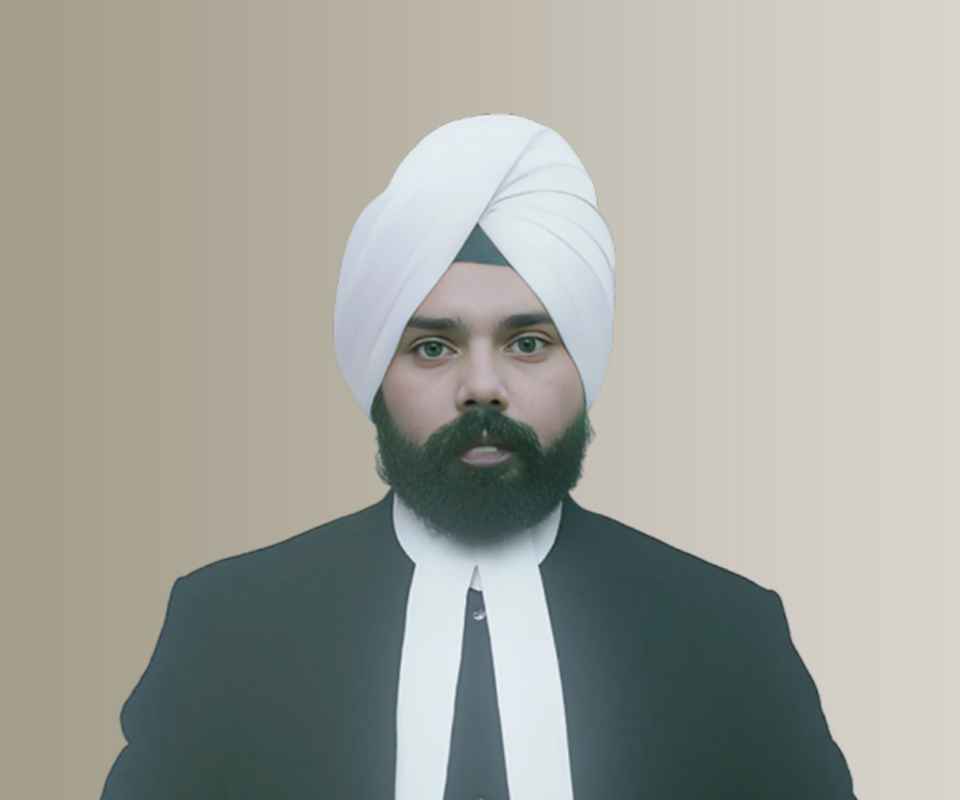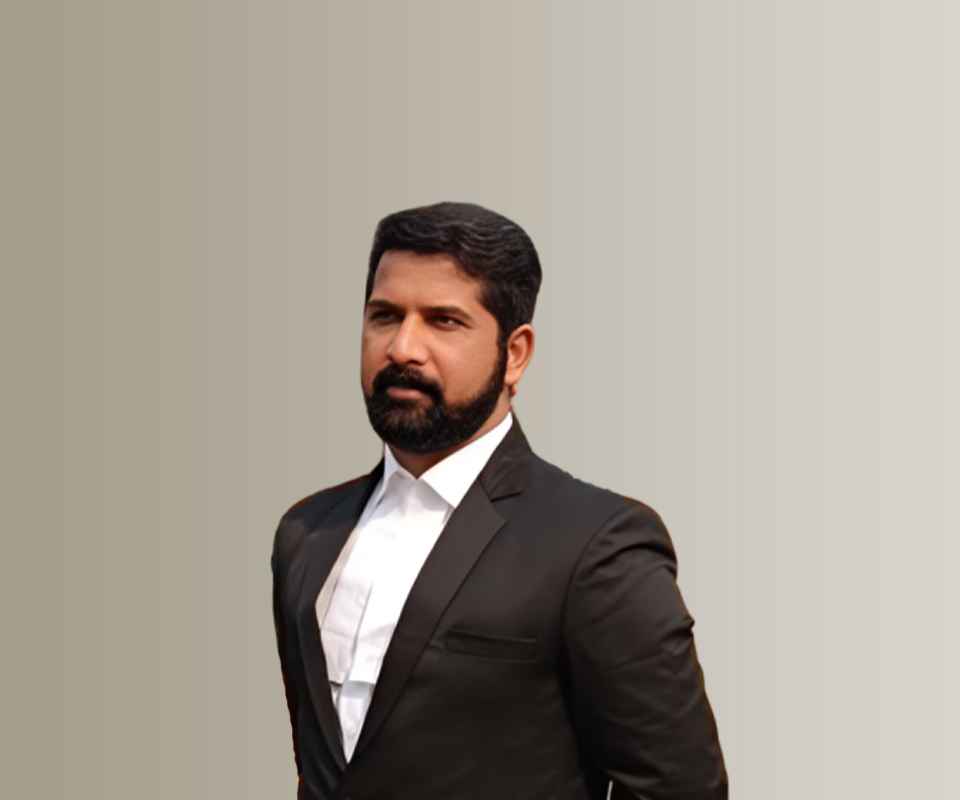Answer By law4u team
Bharatiya Nagarik Suraksha Sanhita, 2023 - Section 151: Protection Against Prosecution for Acts Done Under Sections 148, 149, and 150
(1) No prosecution against any person for any act purporting to be done under section 148, section 149 or section 150 shall be instituted in any Criminal Court except—
- (a) with the sanction of the Central Government where such person is an officer or member of the armed forces;
- (b) with the sanction of the State Government in any other case.
(2) (a) No Executive Magistrate or police officer acting under any of the said sections in good faith;
(b) no person doing any act in good faith in compliance with a requisition under section 148 or section 149;
(c) no officer of the armed forces acting under section 150 in good faith;
(d) no member of the armed forces doing any act in obedience to any order which he was bound to obey, shall be deemed to have thereby committed an offence:
Provided that no case shall be registered under sub-section (1) of section 174 against any officer or member of the armed forces for any act done by him in obedience of any order which he was bound to obey in the discharge of his official duties, without making a preliminary enquiry into the matter:
Provided further that no officer or member of the armed forces of the Union or any police officer of a State shall be arrested for anything done or purported to be done by him in obedience of any order which he was bound to obey in the discharge of his official duties, except after obtaining the consent of the Central Government or the State Government.
(3) In this section and in the preceding sections of this Chapter—
- (a) the expression "armed forces" means the military, naval and air forces, operating as land forces and includes any other armed forces of the Union so operating;
- (b) "officer", in relation to the armed forces, means a person commissioned, gazetted or in pay as an officer of the armed forces and includes a junior commissioned officer, a warrant officer, a petty officer, a non-commissioned officer and a non-gazetted officer;
- (c) "member", in relation to the armed forces, means a person in the armed forces other than an officer.
Brefe Detail
The process for impeaching the Vice President in India is structured around certain legal provisions that protect members of the armed forces and other officials when performing their duties. It emphasizes the need for government sanctions before any legal actions can be initiated against these officials for actions taken under specified sections.
Question & Answers
What sections must be sanctioned for prosecution against armed forces personnel?
Prosecution must be sanctioned under section 148, section 149, or section 150.
Who can sanction prosecution against an officer or member of the armed forces?
The Central Government must sanction prosecution for armed forces personnel, while the State Government sanctions it for others.
Are there any protections for Executive Magistrates and police officers acting under these sections?
Yes, they are protected if they act in good faith under these sections.
What does the term "armed forces" refer to in this context?
It refers to the military, naval, and air forces operating as land forces, including any other armed forces of the Union.
Example
1. Scenario of Impeachment: If a Vice President is accused of misconduct while performing official duties, any legal action against them would require the sanction of the appropriate government body.
2. Good Faith Actions: An Executive Magistrate makes a decision to disperse a gathering based on section 148; if done in good faith, they are protected from prosecution.
Summary
The provisions outline strict guidelines for prosecuting members of the armed forces and provide protections for officials acting in good faith under specified legal sections. It emphasizes the necessity for government sanctions and outlines the definitions of key terms related to armed forces personnel.







